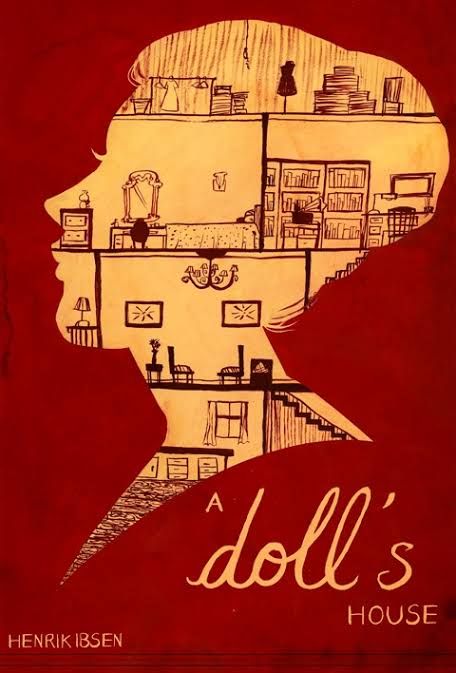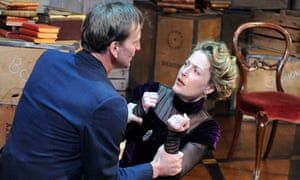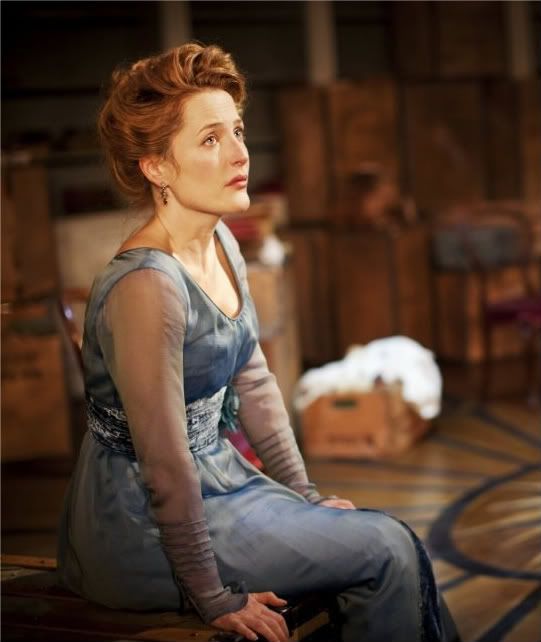Modernism In A Doll's House By Henrik Ibsen
Jun 29, 2019 • 2657 views
A doll’s house by Henrik Ibsen is an insightful play as it boldly endorses modernist philosophies even at a time when romanticism was still rife in theatre.Modernism started in the last half of the nineteenth century and continued on into the twentieth century. This is a break from the traditional way of interpreting and creating. Modernism was seen as an alternative to the use of bureaucracies and as a source of inspiration for works of art and literature.

The play “A doll’s house” with this way of thinking was seen at the end of the play. Even the overall plot of the story has been used to propagate the modernist agenda. Through this kind of ending, Ibsen is essentially questioning societal rules and regulations.
The protagonist was willing to take her own life so that she could save her husband’s reputation but soon she finds out that her husband was a selfish and narcissistic individual. Nora therefore decides that it is worthless to continue living with him. And at the end Nora was bold enough to question her community’s norms and even took it to the point of leaving her children and husband.
At the end of the play this unexpected twist makes it a modern play because it looked at the institution of marriage, gender roles and family duties in a whole new light. This shows that Ibsen wanted to have an unpredictable plot that would leave audiences uncertain but hopeful about the future of the main character.

The author uses theme to advance the modernist agenda. At his time, women had no voice. Therefore Ibsen makes these women the centerpiece of his play. He shows how women make up for men’s inadequacies through their tenderness, self sacrifice and their loyalty. Nora is everything that Torvald is not and this is a new element in modern drama.
At the beginning of the play she seems like a dependent and weak individual but soon one learns about her life and her decisions, which shows she is a strong and independent woman. Nora had been putting the needs and opinions of others before herself and the result of this was that she led an unfulfilled life. But by keeping her needs over others helped her to discover a new path for herself. Therefore Ibsen was able to portray realist andmodernist thoughts through this theme of self enhancement.

Modernism can also be seen in the play through the main character of the play through the form of Marxism. Before this play aristocrats controlled wealth and used to get several privileges and this usually meant that the middle and lower classes would pay the price for these privileges. Thus capitalism favored the rich and oppressed the poor.
Ibsen through his plays is able to throw a new perspective here when he tells the story not of an another elite but reveals the struggles of a middle class woman and also talks about the struggles of another female Mrs Linde. Nora goes through several problems that stem from her economic background thus it exposes the evils of capitalism and therefore propagates classic Marxist thought or modernism in its real colors.

Therefore Ibsen’s use of theme is quite outstanding in exposing class struggles. Character also plays an important role because he defies traditional depictions of males and females in his story. His choice of a female as a central character adds up to this modernist aspect and also his depiction of complex individuals makes his work realistic. In the end, Ibsen set the stage for a new and revolutionary way of looking at life in society.
